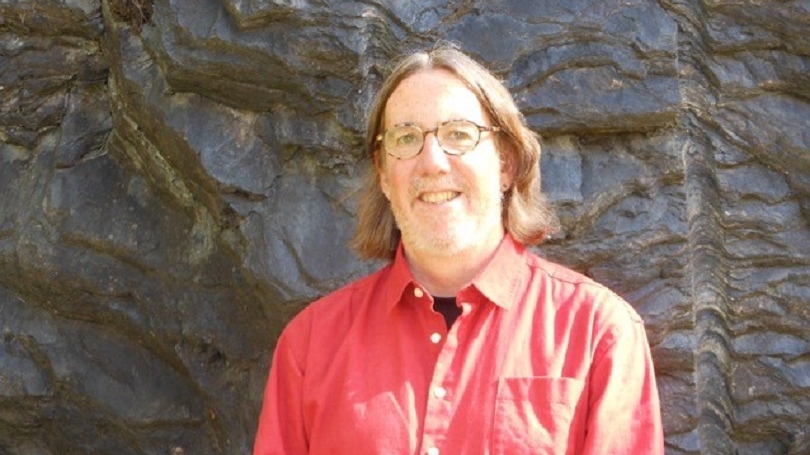
- Public Policy
- Leadership
- Funding
- News & Events
- About the Center
Back to Top Nav
Back to Top Nav
Back to Top Nav
Back to Top Nav
Our Policy Matters series highlights faculty, students, and staff who are studying the issues that shape and are shaped by public policy.
When Francis Magilligan took his first water policy course, his professor told the class that “when it comes to water and water management, nobody ever said it had to make sense.” This statement stuck with Magilligan, as he eventually pursued a master’s degree in Water Resources Management along with another master’s degree and a Ph.D. in Geography.
Now, a Professor of Geography and Adjunct Professor of Earth Sciences at Dartmouth, Magilligan shares his passion for water resources and knowledge about water resources management with his students through his Geography 14: Water Policy and Politics class. The course provides students with a general background to the issues confronting water resources management, including an understanding of water economics and water law. Students think domestically and internationally about the institutional and historical dimensions of water management and water legislation.
Magilligan views water as a lens to understand how governments and institutions work, or do not work, as water policy is notoriously fragmented both in terms of water quantity and water quality. In general for international water allocation strategies, policymakers look at water scarcity as either a supply or demand issue. Domestically, water policy examines the balance between state and federal jurisdiction. Since water was never mentioned in the U.S. Constitution, water legislation has been traditionally mostly managed at the state level; although, this doesn't mean that the federal government cannot get involved. Consequently, Magilligan believes studying water policy gives students the opportunity to examine the ways in which conflict is being resolved (or not), as well as the ways in which debates at the local, state, and federal levels are being argued.
Although Magilligan teaches this course biannually, the content of the course changes each time to reflect current issues in water management.
“Each year, I try to find some topic that galvanizes a lot of the focus on water management” said Magilligan.
This year, the course is focused on Cape Town, which is predicted to approach Day Zero and run out of water this summer. Two years ago, the focus was on the Flint, Michigan crisis. The topics discussed in this class are so current that in most cases Magillian and his students are examining them before academic literature is even published, prompting them to utilize video sources, audio sources, and news articles to learn about the issues as they are happening and think about the possible solutions before they emerge.
Outside of the classroom, Magilligan’s research looks at the social institutional dimensions of dam removal in New England. There are around 14,000 dams within New England, and of the 1,400 dams that have been removed in the past couple of decades, about 200 have come out in New England. Magilligan, along with Professor Sneddon and Professor Fox, use this phenomenon to study the ways in which conflict emerges and the way that conflict can get resolved at the micro-political level. Magilligan credits his physical geography acumen as giving him the ability to not only identify the problem, but also to see how that problem has a social policy dimension to it as well.
Several Dartmouth students were involved with this project as Presidential Scholars and Project Assistants. Brendan Schuetze '18, who worked on the project as a Presidential Scholar, says of the experience, “I particularly enjoyed my time working on the micro-politics of dam removal project, as it afforded me hands on experience with qualitative research on topics that directly impact the experiences of local people throughout New England.”
Looking forward, Magilligan is excited to continue studying the politics surrounding water policy both through his research and through his teaching. For Magilligan, realizing water management did not have to make sense was only the first step.
“Once you realize that, then the intriguing part to me was trying to understand how did that happen. And secondarily, as we move forward into the future, what are the ways that we can get these different elements of institutional arrangements all working in the same direction?”
Written by Anneliese Thomas ’19, Rockefeller Center Student Program Assistant for Communications